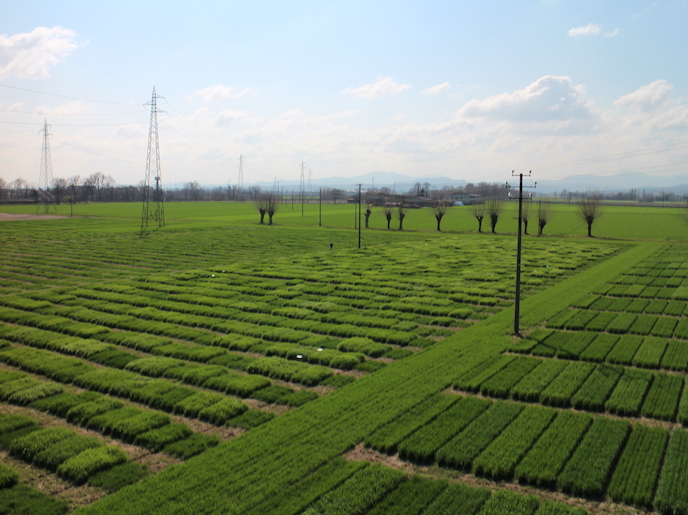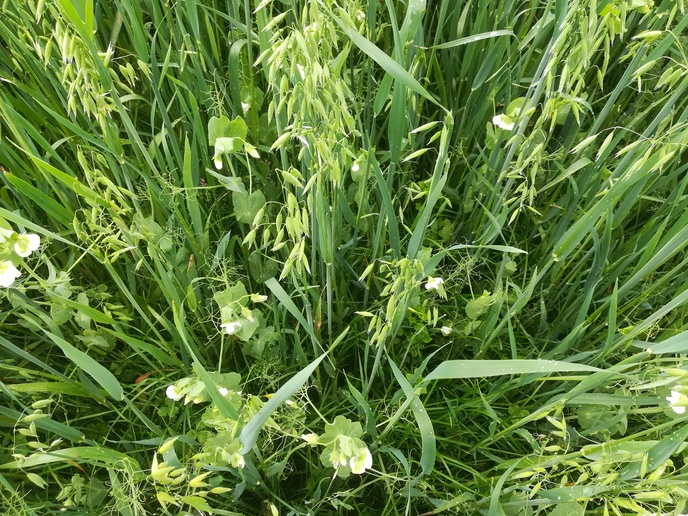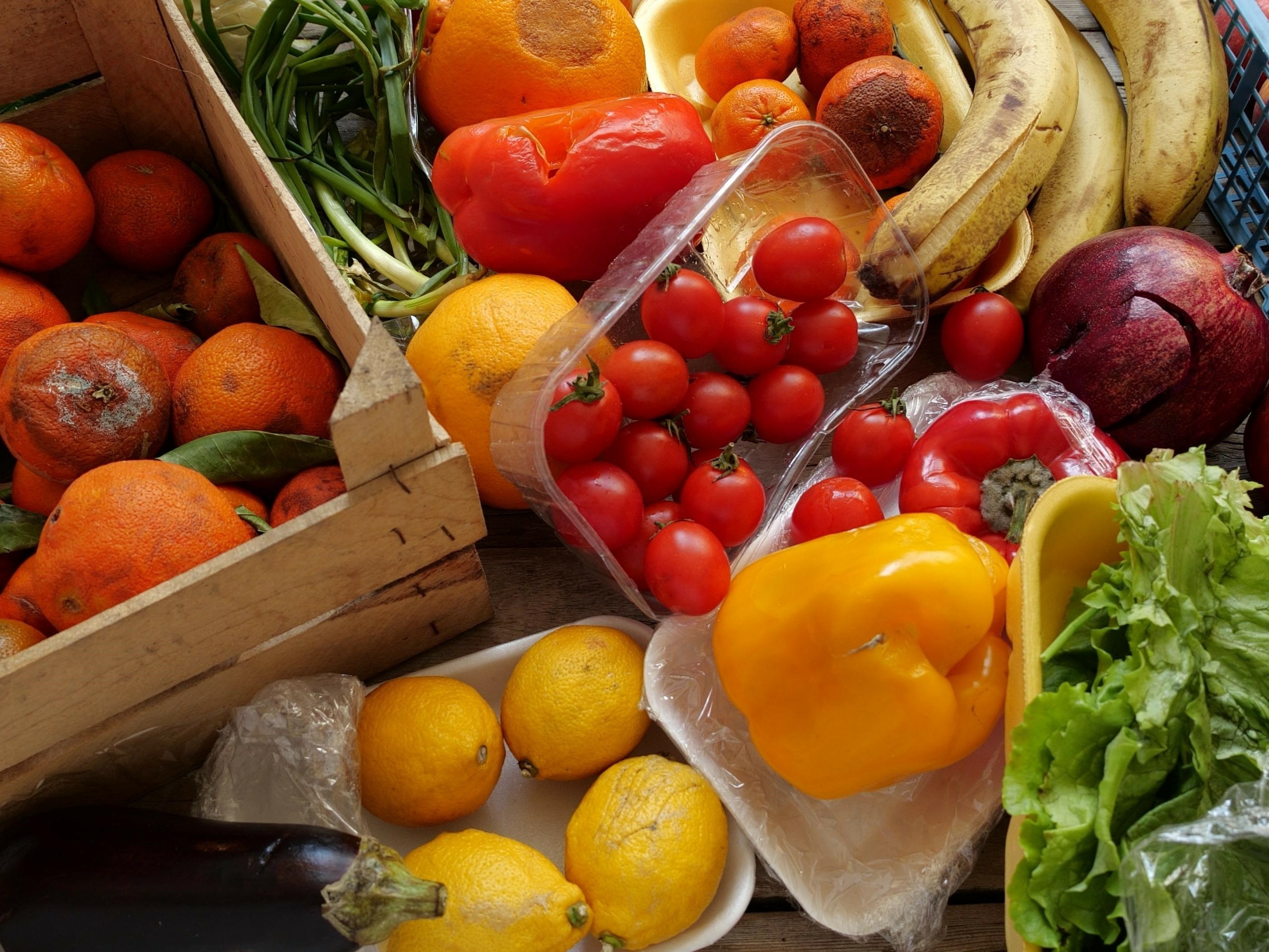New insights into crop evolution and adaptation offer increased food security
With a wide range of plant growing conditions across Europe, there is a constant need for crop varieties adapted to new pests and diseases, as well as changing weather patterns and market requirements. Globally, a fast-growing population, along with climate change, is jeopardising food security. The EU supported WHEALBI project was established to improve wheat and barley production and introduce new varieties alongside innovative cropping systems. Combining genomics, genetics and agronomy, the project collated data from the expressed genome sequences of over 1 000 wheat and barley genetic lines. The data will be useful for breeding programmes and crop management. Evaluating crop diversity and breeding lines As each plant contains thousands of genes, and with breeders typically seeking to combine multiple traits in one plant, developing successful varieties is complex, costly and time-consuming. Additionally, breeders are often trying to anticipate the needs of farmers, consumers and the environment years in advance. Biorepositories, called ‘germplasms’, simplify this process by functioning as seed banks containing collections grown according to rules of traceability and with the seeds stored for distribution for at least 10 years. This species diversity, when combined with next-generation genomesequencing, enables characterisation in unprecedented detail – offering a powerful resource for breeders. The WHEALBI germplasm was characterised both in the field (in a nursery), across a network spanning from Scotland to Israel (i.e. a variety of climates), and using phenotyping platforms to perform whole genome scans for specific traits. Here, signatures of adaptive selection were explored, with alleles of candidate genes identified to reveal new variation associated with specific phenotypes. “We obtained as much data as possible on the 1 024 varieties selected, collecting information particularly about adaptive traits that lend tolerance to disease, frost and drought for example,” says project coordinator Mr Gilles Charmet. Agronomy researchers were able to complete the genetic studies testing a subset of varieties (covering the observed range of diversity) in different cropping systems, including no-tillage (conservation agriculture) and organic husbandry. The resulting, publicly accessible, collection of geo-referenced inbred lines of wheat and barley accessions (plant materials collected at the same time), offers unique access to the life history, trait and phenotypic data of these crops. WHEALBI also produced exome, the coding part of the genome, sequence data for the barley and wheat varieties representing global diversity, with a focus on winter-grown varieties adapted to European agricultural conditions. A second Green Revolution? The project identified new crop management systems, evaluating their economic impact at both farm and EU levels. This could lead to a more competitive farming industry with increased yields and export earnings, alongside cost savings and enhanced processing efficiency. By reducing pressure on natural resources, through the use of higher-yield and more climate and disease-resilient crop varieties, plant breeding can help sustain a more secure food chain. It can do so while also benefiting the environment (less pesticides) and biodiversity. Additionally, these innovations not only improve the quality, taste, convenience and seasonality of food, but also offer health benefits with new crop varieties, such as oats with enhanced levels of antioxidants. The majority of WHEALBI collection is freely available through a dedicated portal(opens in new window). “Here any scientist or breeder can request seeds for their own experiments, and use them freely either for research or applied breeding,” says Charmet.







